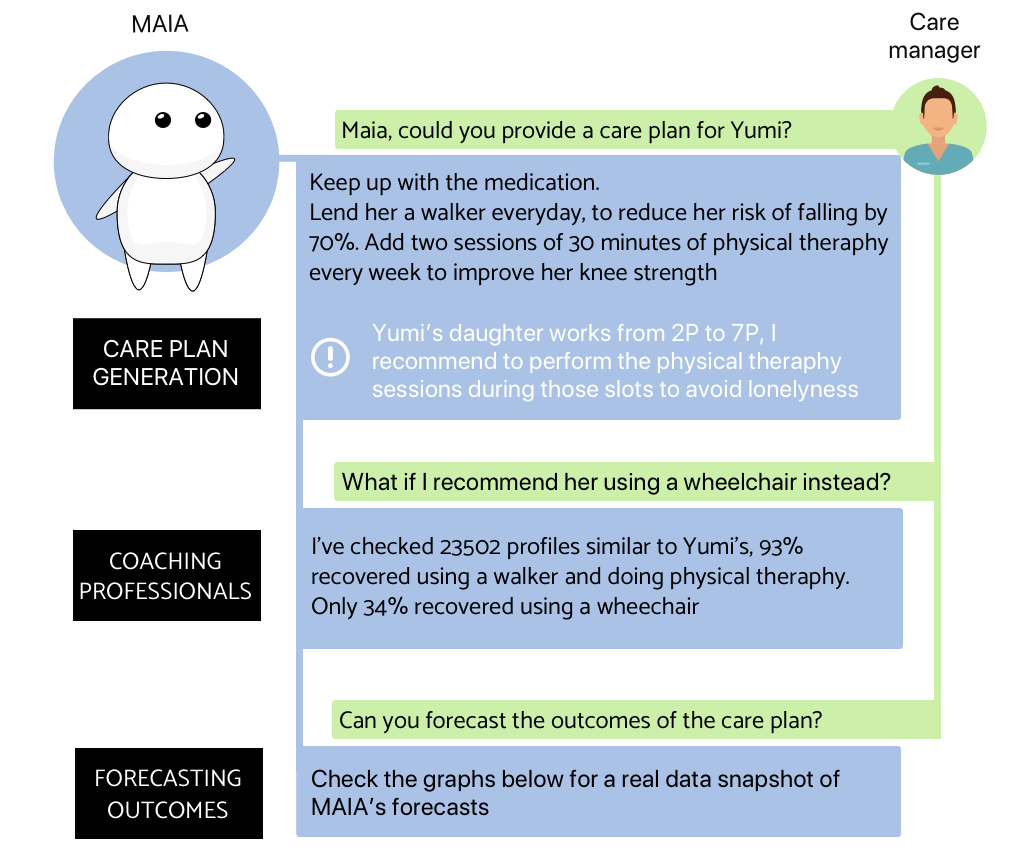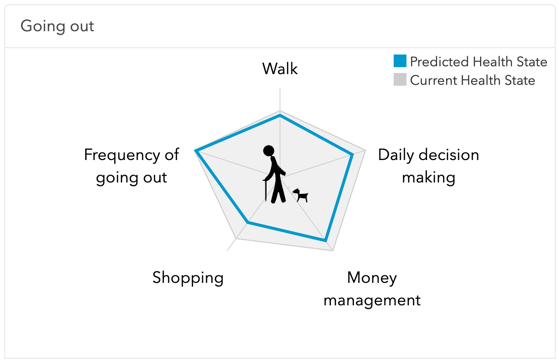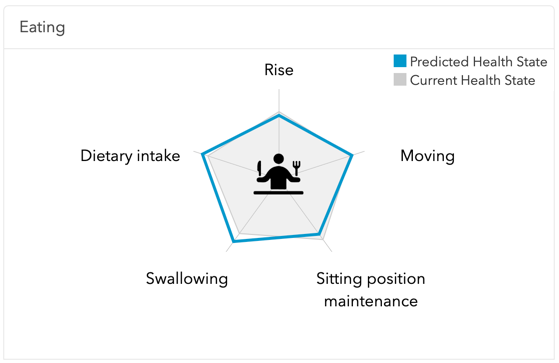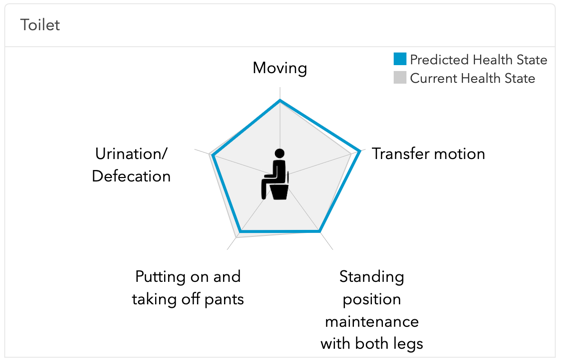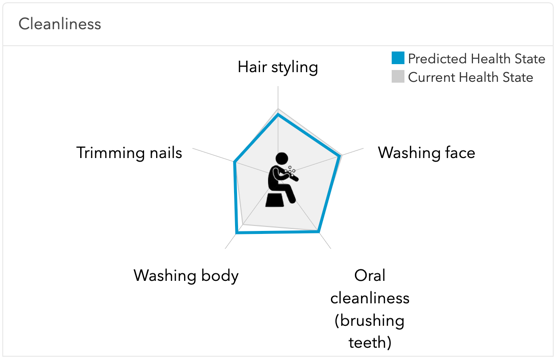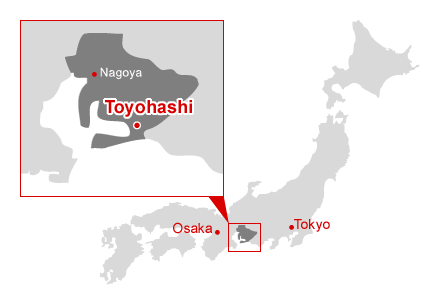IMPROVING SENIOR HEALTH CARE
THROUGH POWERFUL A.I.
Everyone should receive health care tailored to their personal needs, so we created the first
world-class health care professional assistant for senior care. We call it MAIA and it uses state-of-the-art machine learning to process patient health records and propose optimal care plans to improve their independence and health.
world-class health care professional assistant for senior care. We call it MAIA and it uses state-of-the-art machine learning to process patient health records and propose optimal care plans to improve their independence and health.


